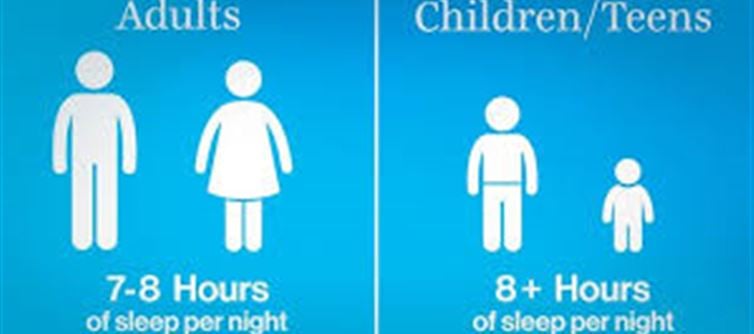
Determining the optimal amount of sleep necessary for maintaining good health is a question that many people ponder. Sleep is a fundamental aspect of our well-being, influencing various physical and mental health outcomes. While Recommendations often suggest that adults should aim for seven to nine hours of sleep per night, individual needs can vary significantly based on factors such as age, lifestyle, and overall health.
For instance, children and teenagers typically require more sleep than adults to support their rapid growth and development. Conversely, some older adults may find that they feel rested with fewer hours of sleep, although quality remains crucial. It’s important to recognize that sleep quality can be just as significant as the quantity of sleep. A night of uninterrupted, deep sleep can be more restorative than a longer duration of restless sleep.
Insufficient sleep has been linked to various health issues, including obesity, cardiovascular diseases, diabetes, and weakened immune function. Moreover, a lack of sleep can impair cognitive function, affecting concentration, memory, and emotional regulation. In today’s fast-paced society, where screens and demanding schedules often interfere with rest, prioritizing sleep becomes increasingly challenging yet essential.
To support good health, individuals should focus on establishing a consistent sleep routine, creating a comfortable sleep environment, and practicing relaxation techniques before bedtime. This might include activities like reading, meditating, or limiting screen time in the hour leading up to sleep. Listening to one’s body and paying attention to how different amounts of sleep affect daily functioning can also guide individuals in finding their optimal sleep duration.
While the general recommendation for sleep is a useful guideline, the ideal amount of sleep can vary. Prioritizing both the quality and quantity of sleep is vital for achieving overall health and well-being.
Disclaimer:
The views and opinions expressed in this article are those of the author and do not necessarily reflect the official policy or position of any agency, organization, employer, or company. All information provided is for general informational purposes only. While every effort has been made to ensure accuracy, we make no representations or warranties of any kind, express or implied, about the completeness, reliability, or suitability of the information contained herein. Readers are advised to verify facts and seek professional advice where necessary. Any reliance placed on such information is strictly at the reader’s own risk.
.jpg)




 click and follow Indiaherald WhatsApp channel
click and follow Indiaherald WhatsApp channel